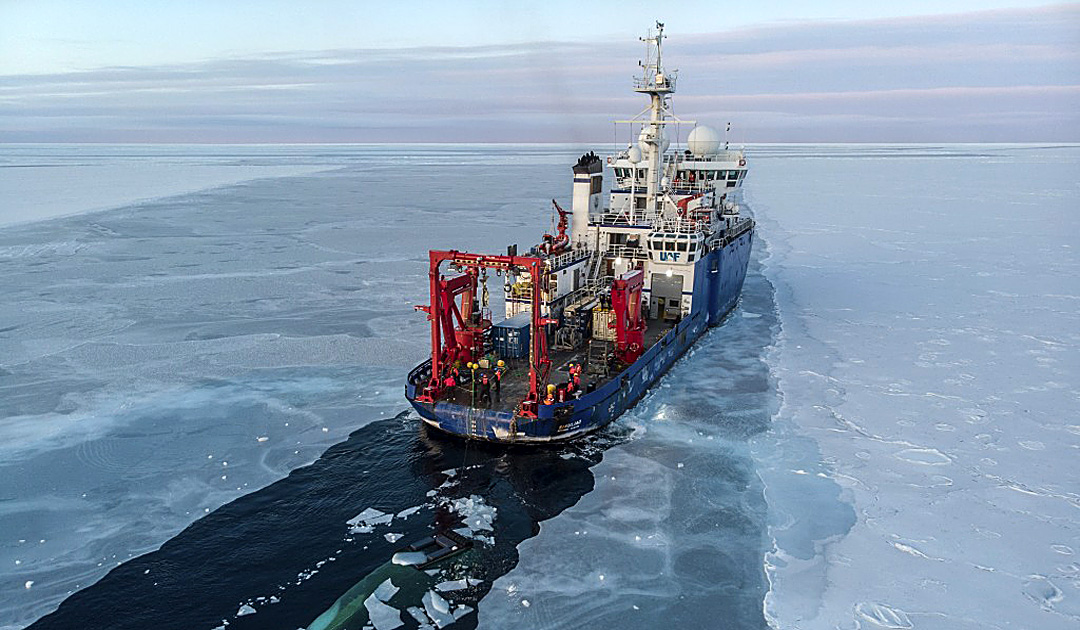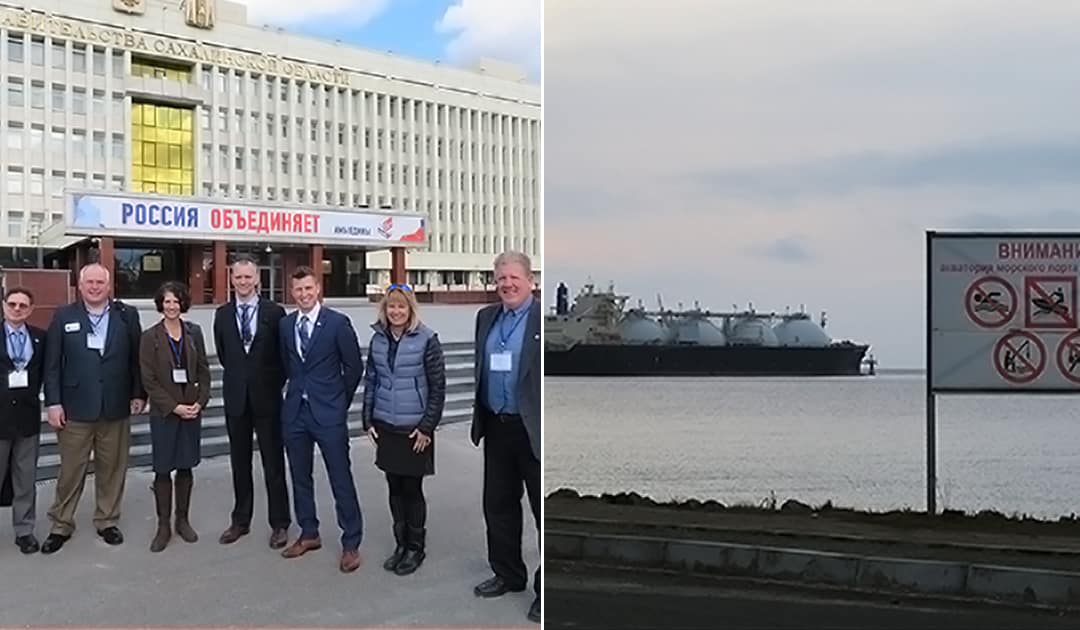
The United States and Russia, despite their political differences, have maintained a bilateral agreement since 1989 that obligates both countries to jointly prepare for and respond to transboundary maritime pollution incidents in the Bering and Chukchi Seas. In view of the increase in shipping traffic in the Northeast Passage, this is an important agreement, which was updated and extended a few days ago.
On February 1, 2021, Russian Maritime Rescue Service (MRS) Acting Director Andrey Khaustov and U.S. Coast Guard Deputy Commandant for Operations Vice Admiral Scott Buschman signed the 2020 update to the Joint Contingency Plan (JCP) – a bilateral agreement to jointly prepare for and respond to transboundary pollution incidents in the Bering and Chukchi Seas.
The agreement, which has been in place since 1989, has now been updated to better coordinate planning, preparedness and response to pollution incidents in the border region. Under the latest version, planning and exercises will be coordinated by a joint planning group led by the U.S. Coast Guard. In addition, the updated JCP creates the new role of International Coordinating Officer to facilitate critical information sharing during coordinated operations. In the United States, the operational aspects of the plan fall under the responsibility of the 17th District of the U.S. Coast Guard Alaska.

“This is an important agreement between the U.S and the Russian Federation that ensures coordination between respective authorities and actively promotes the protection of our shared interests in these environmentally and culturally significant trans-boundary waters,” said Vice Adm. Scott Bushman, U.S. Coast Guard Deputy Commandant for Operations. “We look forward to continuing our necessary and productive relationship with the Marine Rescue Service and the opportunity to conduct joint training and exercises in the near future in order to ensure the protection of our nations’ critical natural resources.”
The shared maritime boundary between the U.S. and Russia in the Bering and Chukchi Seas has notoriously poor weather conditions and limited resources to respond to pollution incidents. In addition, the increasing shipping traffic, including oil and gas tankers, in the rough, polar waters makes incidents more likely. The new response plan, which is intended to complement the respective national, state, regional and local plans, is therefore an important basis for international cooperation in order to be able to protect the fragile marine and terrestrial ecosystems as best as possible in case of a pollution incident.
Julia Hager, PolarJournal
More on the subject:





